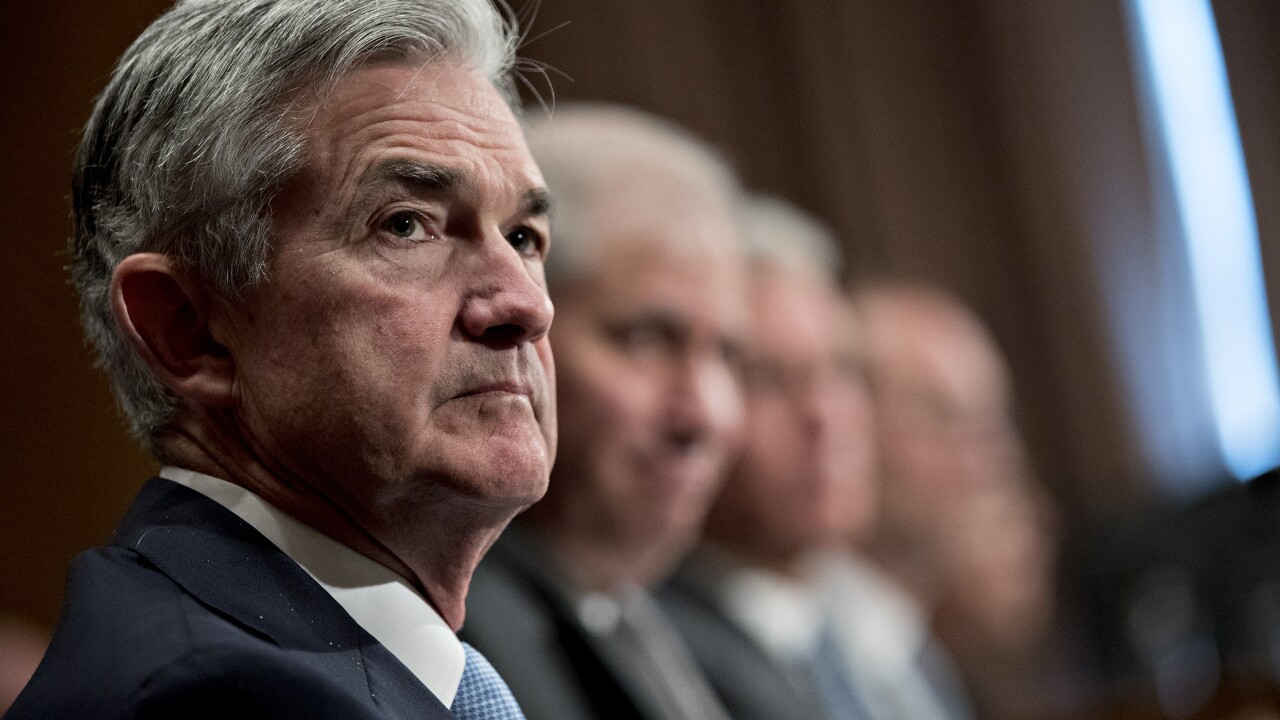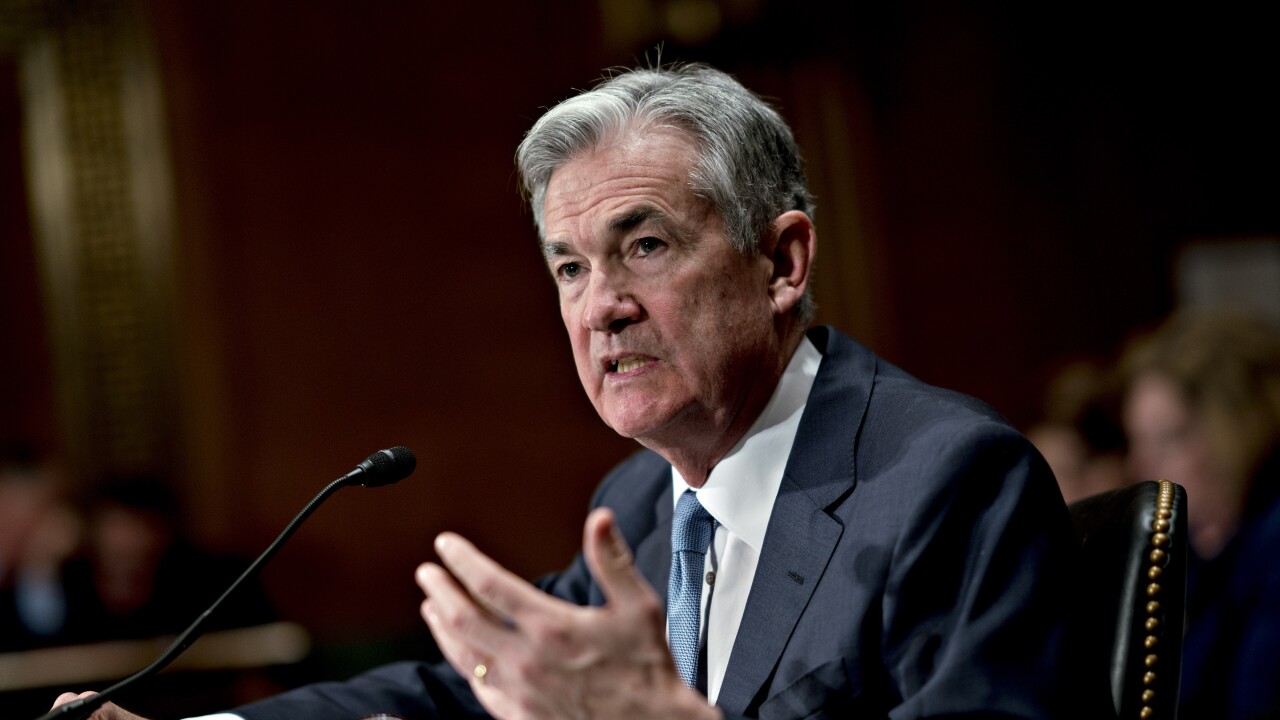Regulation and compliance
Regulation and compliance
-
The same day Provident Financial Services announced it had agreed to buy Lakeland for $1.3 billion, the seller disclosed an ongoing fair-lending investigation by the Justice Department. Provident said it has "not heard anything" that would give it pause.
September 27 -
The online lender approved Black applicants at lower rates than non-Hispanic whites, according to a law firm that monitors its artificial intelligence models. Upstart said it's an industry leader in fair lending but acknowledged room for improvement, calling disparities "an industry-wide challenge."
September 26 -
A new proposal calls for systemically important transaction clearing firms to update their practices on handling risks related to cyberattacks and climate change.
September 26 -
The filing is the first joint action by the Federal Trade Commission and California Department of Financial Protection and Innovation to rely, in part, on the enforcement of the state's 2020 consumer protection law.
September 20 - AB - Policy & Regulation
A piece of legislation cleared the House this week that would allow for so-called "desktop appraisals" on properties financed by government-backed veteran loans.
September 16 -
A federal judge found last year that a credit reporting dispute did not have to be investigated because the consumer's complaint was frivolous. The Consumer Financial Protection Bureau and the Federal Trade Commission argue that the decision undermines a key purpose of the Fair Credit Reporting Act.
September 15 -
The Department of Housing and Urban Development is investigating allegations that the real estate appraisal standards written by the Washington nonprofit perpetuate discrimination.
September 15 -
AI, ML, predictive analytics and complex algorithms can help lenders expand credit to more consumers, but some critics feel the technology can feed into existing discrimination and bias that applicants face.
September 14 -
A Government Accountability Office report found that regulators scaled back supervisory examinations during the pandemic in part because of banks' technological shortcomings.
September 9 -
Financial downturns hit lower-wealth communities first and cause them to suffer the longest.
September 9 -
Acting Chairman of the Federal Deposit Insurance Corp. Martin Gruenberg said that the agency will continue to consider its rising assessment rates even as deposits fell in the second quarter
September 8 -
Republican Sen. Pat Toomey criticized the degree of "opacity" surrounding some community benefit agreements, or written deals between banks and community groups ahead of a merger that often involve billions of dollars of commitments.
September 8 -
Frustrations with gatekeeping, a lack of diversity and the way home appraisal is overseen are spurring many practitioners to call for an overhaul of the industry's governance structure.
September 7 -
The operational melding of highly regulated banks and less-regulated fintechs led acting Comptroller of the Currency Michael Hsu to warn of the potential for another financial crisis.
September 7 -
Ginnie Mae has constructed a perfectly counter-cyclical capital regime that would crush the government loan market if left unaltered, the chair of Whalen Global Advisors writes.
September 6 -
Federal Reserve Chair Jerome Powell's speech in Jackson Hole reaffirmed that the end of accommodative monetary policy is coming to an end. This is a boon to banks, but only those that have managed their balance sheets just right.
August 29 -
Federal Reserve chair Jerome Powell said the central bank will remain aggressive in fighting inflation despite promising economic data.
August 26 -
Customers told the Consumer Financial Protection Bureau that bank customer service practices need a lot of work, but banks say more regulation would only make matters worse.
August 25 -
The Consumer Financial Protection Bureau's recent offensive against redlining by nonbank mortgage originators is increasingly relying on internal communications to make charges stick.
August 17 -
A significant divergence between the FHFA and the Ginnie Mae issuer rules could greatly disrupt the secondary market — and that is precisely the outcome that now faces the mortgage industry, writes the chairman of Whalen Global Advisors.
August 15



















